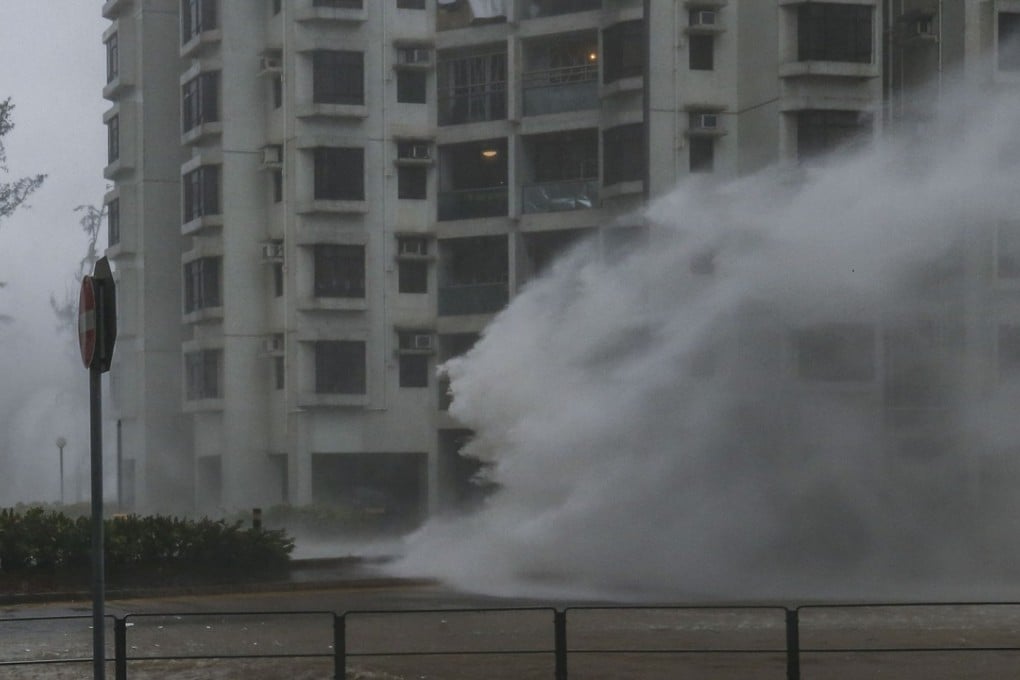Inside Out | To see how climate change is up close and very personal, look no further than Mangkhut’s havoc
- If we are to absorb the awesome, awful consequences of climate change and global warming, it has to be local and personal; like living through Mangkhut

It has been five weeks now, since Typhoon Mangkhut wreaked havoc across Hong Kong. Still, the scars are raw, and not just a matter of a few tens of thousands of trees gone.
If we are to properly absorb what climate change is all about, we need to look around us now. For most of the world’s 7 billion-plus people, climate change is not about whether global mean temperatures will be 1.5 degrees or 2 degrees higher, or about sea levels rising 10 centimetre more than previous models, or the melting of the ice cap over Greenland, or even the bleaching of Australia’s Great Barrier Reef.
If we are to absorb the awesome, awful consequences of climate change and global warming, it has to be local and personal; like Mangkhut.
Over the past two weekends, I have walked afresh along Hong Kong’s devastated high mountain trails. The shock is not the tree wreckage - though that is gruesome. The shock is the silence. Most bird life seems to have gone, and with it the birdsong, hopefully not for good. The butterflies that normally splash colour along the way are wholly absent.
As I relive the shocking 24-hour assault of Mangkhut on my village home in Clear Water Bay, I am forced to wonder how on earth our birds and butterflies managed the battering, with nowhere to hide.
From my home, I look down on a six-foot wall of wood and flotsam pushed inland by Mangkhut. The rubbish ranges from bits of boats and mangled surfboards to refrigerators and plastic everything. It sprawls a length of 40 yards (36.5 metres) and sits drying in the sun about 30 yards inland from the coastal wall that Mangkhut wrecked. Locals have by now stopped picking through it in the hope of finding something lost.
